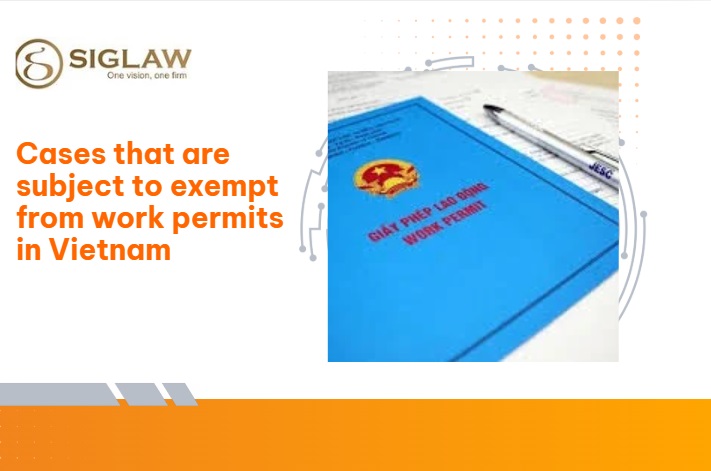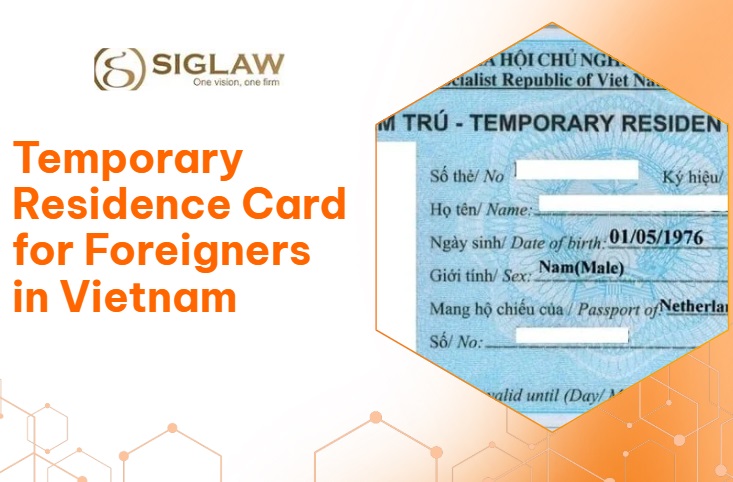CONSULTANCY ON SHARE TRANSFER CONTRACT IN VIETNAM
What is a share transfer contract?
Share transfer is the process of transferring ownership of shares in a company from one person to another. Shares are valuable assets in a company and allow owners to participate in the management of the company, receive profits, and access company assets in accordance with the percentage of shares they own.
The process of transferring shares between the parties is regulated in the contract signed between the parties. Thus, a share transfer contract is a type of contract that establishes the right to transfer shares between the transferor and the transferee. This contract represents the transferor’s decision to transfer all or part of his shares in the company to the transferee.
The share transfer contract is necessary to record all information and conditions of the share transfer transaction, between the two parties to the transaction. In particular, the content of the contract includes: the name of the company, the amount and value of shares to be transferred, the name and contact information of the transferor and transferee, the payment conditions and time, as well as other terms related to the transfer of shares.
Some features of the transfer of shares in Vietnam
According to the provisions of Point d, Clause 1, Article 111 of the Enterprise Law 2020: “Shareholders have the right to freely transfer their shares to others, except for the cases specified in Clause 3, Article 120 and Clause 1, Article 127 of this Law.” Accordingly, a share transfer contract in Vietnam is an agreement between the transferor and the transferee on changing, establishing or terminating rights and obligations arising from shares and contributed capital. This change, establishment or termination must comply with the provisions of the Enterprise Law 2020 in particular and Vietnamese law in general.
The subjects of the share transfer contract in Vietnam include the seller who is the shareholder and the buyer who is the organization and individual wishing to contribute capital. The entity/subjects of the sale of shares includes the seller who is the share issuing company, the buyer who is the shareholder and the public. Share buyback includes the seller as a shareholder and the main buyer as the share issuer. The transfer of shares requires full signatures of the parties or signatures of authorized representatives.
The procedủe to transfer shares in Vietnam will need basic documents such as: Notice of change of enterprise registration contents; Share transfer agreement or other documents capable of proving that the transfer of shares is completed; Documents of the Department of Planning and Investment approving the capital contribution, share purchase and capital contribution; and List of co-founders after the change.
Typically, the basic procedure for the transfer of shares in Vietnam consists of the following steps:
- Determination of the transferor: The transferor needs to determine the transferor and agree on trading conditions.
- Determine the value of shares: The parties need to agree on the value of shares based on the market price, owned value and business profit of the company.
- Preparation of share transfer contracts: Share transfer contracts are signed and notarized at notary offices or registered at local People’s Committees.
- Payment and transfer-related procedures: The buyer, after receiving the shares, makes the payment as agreed upon in the contract. Share transfers must be registered at the shareholder registration database or through the securities depository.
- Carry out tax procedures and notify tax authorities: The parties carry out administrative and tax procedures related to the transfer of shares.
Notes when signing a share transfer contract
The transfer of shares is a complex and detailed process, involving many legal and financial procedures. Therefore, in order to avoid risks and disputes arising during the transfer process, the transferor and the transferee should pay high attention to this procedure due to the following reasons:
- Share ownership has not been clearly defined: if the parties do not clearly check the ownership of shares, there may be illegal share purchases or unauthorized share transfers, leading to risks and disputes arising later.
- The share value has not been properly determined: if the share value is not properly determined, it may lead to a dispute between the parties when making a transaction or either party may suffer financial losses.
- Failure to fully comply with legal provisions: if the parties do not fully comply with the legal provisions related to the transfer of shares, the signed contract is not considered valid and the parties may be fined or may have legal risks in the future.
- The relevant fees and taxes have not been calculated correctly: if the parties do not carefully calculate the fees and taxes associated with the transfer of shares, it may cause financial losses or legal risks.
Thus, when signing a share transfer contract in Vietnam, the parties to the transaction should pay attention to:
- Clearly define share ownership: before making a share transfer transaction, the buyer needs to ensure that the owner of the shares has been fully and accurately identified.
- Determination of the true value of shares: the parties need to make a full assessment of the value of the shares to agree on a reasonable and fair transfer value.
- Prepare necessary documents: to sign a share transfer contract, the parties need to prepare all relevant documents, including food records, documents proving ownership, business licenses of the company, copies of contracts, register of shareholders of the company…
- Ensure the legality of transactions: the signing of a share transfer contract needs to ensure legality and fully comply with the provisions of Vietnamese law.
- Carry out procedures related to share transfer: after signing the contract, the parties need to carry out procedures related to share transfer, including registering to change information at local management agencies and/or the Stock Exchange.
- Pay attention to payments and taxes: when conducting the transfer of shares, the parties should pay attention to the payment of funds and payment of relevant taxes in accordance with the law.
- Seek advice from an appropriate expert: to ensure that the signing of the share transfer contract is carried out in accordance with regulations and that participants in the transaction do not face risks, the parties should seek advice from appropriate experts such as lawyers, accountants, stock investors.
Phone: (+84) 961 366 238
Email:
- vphn@siglaw.com.vn
- vphcm@siglaw.com.vn
Headquarters: No.44/A32-NV13, Gleximco A, Le Trong Tan Street, Tay Mo Ward, Ha Noi.
Southern branch: No.103 – 105 Nguyen Dinh Chieu Str., Xuan Hoa Ward, Ho Chi Minh.
Central branch: VIFC DN – ICT Building Software Park No. 2, Nhu Nguyet Street, Hai Chau Ward, Da Nang City
Facebook: https://www.facebook.com/hangluatSiglaw









